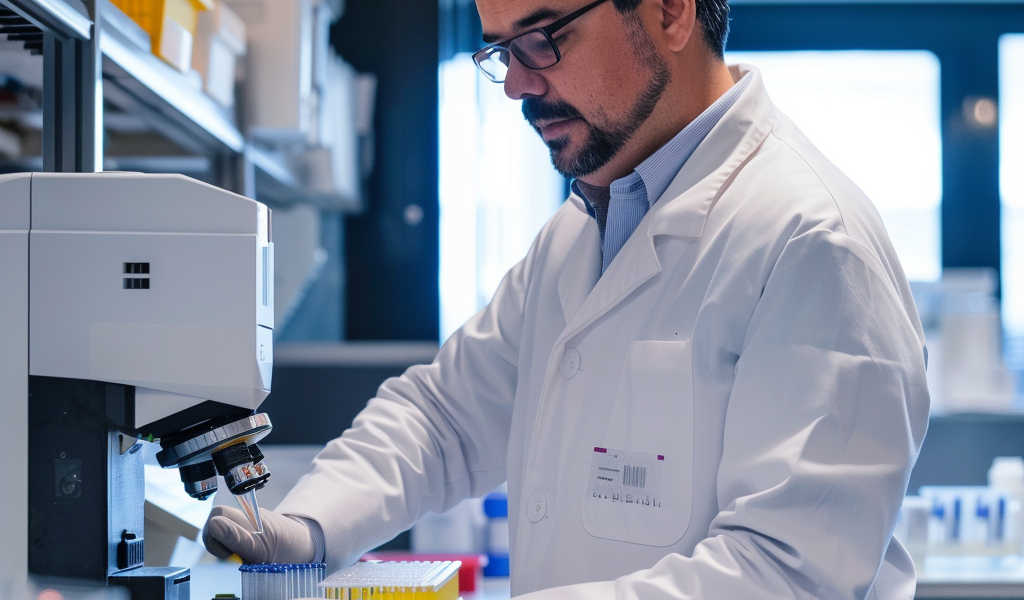South Africa is emerging as a key player in virus hunting, thanks to the efforts of Brazilian, Portuguese, and South African virus expert Tulio de Oliveira. De Oliveira’s leadership in confirming the COVID-19 variants Beta and Omicron, along with his involvement in early vaccine trials, has put him at the forefront of the fight against infectious diseases.
De Oliveira’s contributions extend beyond his groundbreaking work on COVID-19. He has established two major scientific institutes in South Africa, the Kwazulu-Natal Research Innovation and Sequencing Platform, and the Centre for Epidemic Response and Innovation. These institutes not only train the next generation of genetic researchers but also conduct cutting-edge genetic sequencing and analysis on various disease-causing pathogens.
According to de Oliveira, the genomics labs in many African countries are now on par with, if not more advanced than, the best systems globally, largely due to the training provided by his institutes. His impact has been far-reaching, with many current leaders in African genomics labs having originated from de Oliveira’s lab.
In 2024, the U.K.’s Wellcome Sanger Institute invited de Oliveira to serve as its chief scientific officer. The institute, a global leader in genomic sequencing, analyzed a significant portion of COVID-19 samples during the pandemic. Despite this prestigious offer, de Oliveira remains committed to his mission of establishing Africa as a prominent player in the genomics field.
Recognizing the complementary strengths of his institutes and the Wellcome Sanger Institute, de Oliveira proposed a collaboration to enhance global preparedness for future public-health threats. By combining his expertise in identifying new pathogens with Sanger’s proficiency in large-scale genetic sequencing and analysis, the groups aim to create a more robust global system of disease surveillance.
Looking ahead, de Oliveira’s vision includes expanding the existing genomic monitoring network in Africa to address the impact of climate change on infectious diseases. Through these efforts, he seeks to fortify the world’s defenses against emerging health challenges and ensure a proactive approach to safeguarding public health.





